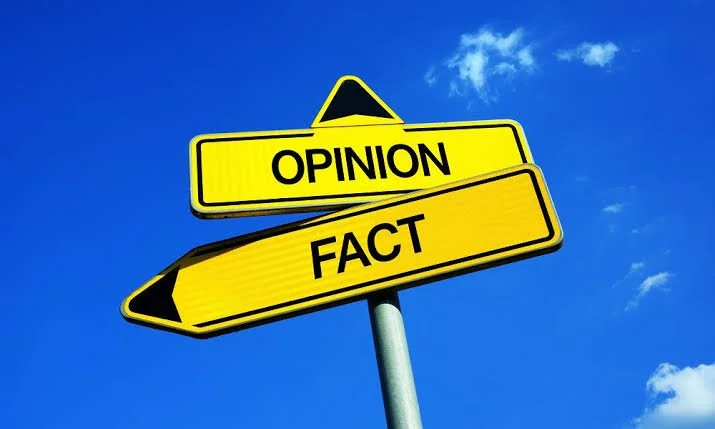Missing: Homogeneous interpretation of total evidence base
A survey of Practitioners from across the globe has revealed that the sum of the conclusions of the total body of research on a given subject, does not inform a homogeneous treatment paradigm that is broadly applicable to large populations of patients. The revelation has rocked the Physiotherapy profession in particular, which has long since grappled with a degree of factionalism over how best to translate research into practice.
Perhaps without surprise, there exist some voices of dissent in relation to this survey’s findings. Physiotherapist and self-described evidence based geek, Christian Chi-Squared, spoke unapologetically with our reporter about what it takes to be a truly great be evidence based Physiotherapist.
“You’ve got to be across all the info”, explained Mr Chi Squared. “You’ve got to be able to read an article and understand how the data were collected, and understand how it has been interpreted to produce results. In order to do that, you’ve got to be highly skilled at statistical analysis. And then you’ve got to be able to critique the conclusions within the context of the hypothesis being tested. And perhaps most importantly, you need to be able to account for the biases and motivated reasoning that are likely baked into the authors’ desire to carry out research in the first place. Fortunately, I’ve got it all covered… I’m pretty special like that”.
Others Practitioners, including Physio, Peter Piper-Pragmatist, have taken a more circumspect perspective.
“The first point to make is that the evidence base itself is enormous” explained Mr Piper-Pragmatist. “The sheer volume of new publications means that it’s just about impossible to find the time to keep abreast of it all. It’s a Herculean task. And it’s got to be balanced against the rest of my life too. I have two kids, a wife and a house to look after. I know I don’t have time to read much more than the stuff that interests me. But even if I didn’t have competing responsibilities, I’d hazard a guess that keeping on top of all the research for all the topics that are relevant to our work would be just about impossible.
I’m a bit skeptical when I see practitioners shouting down others for cherry picking evidence because I don’t think any individual can truly be across all the evidence without relying upon, or having one’s views shaped by the biases that are baked into research at each stage from study design, process, publication, institutions etc etc. There’s no way to process such huge volumes of information without filtering it through our biases. I think there are practitioners that are more committed to the process than others. But whether that effort translates into a substantially more informed platform from which to judge other practitioners, well, I’m not so sure about that. I think what we see at the end point… you know, the actual clinical reasoning utilised with a given patient, and the treatments that are selected, are very much influenced by broader values carried by the individual Practitioner”.
The Good Health Tribune presented our source’s views to Mr Chi Squared. “Oh what a crock of shit”, he replied. “Whoever said that is just making fucking excuses using fancy writing skills. Doing the grunt work is part of the job. If you don’t like it, go and clean toilets for a living. If you’re a real man like me, you’ll be across it all and you’ll base your practice on the totality of evidence like I do. And when you do that, you’ll see there’s only one set of conclusions to make and they’ll lead you to practice the same way as me, you know, the right way. Unless you don’t… which means you’re lazy or stupid or a sly prick charlatan”.



